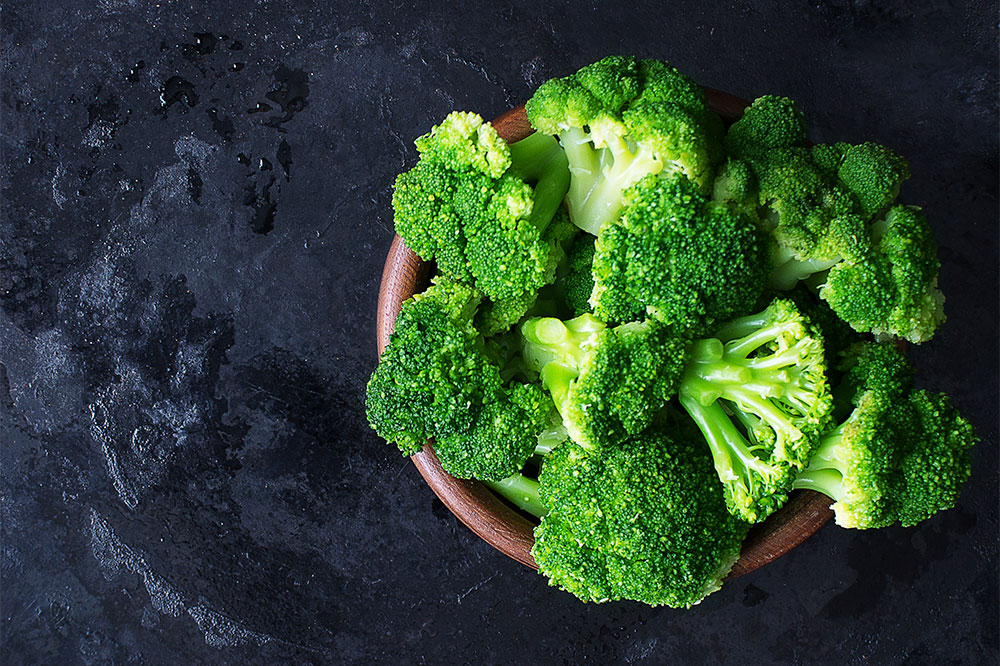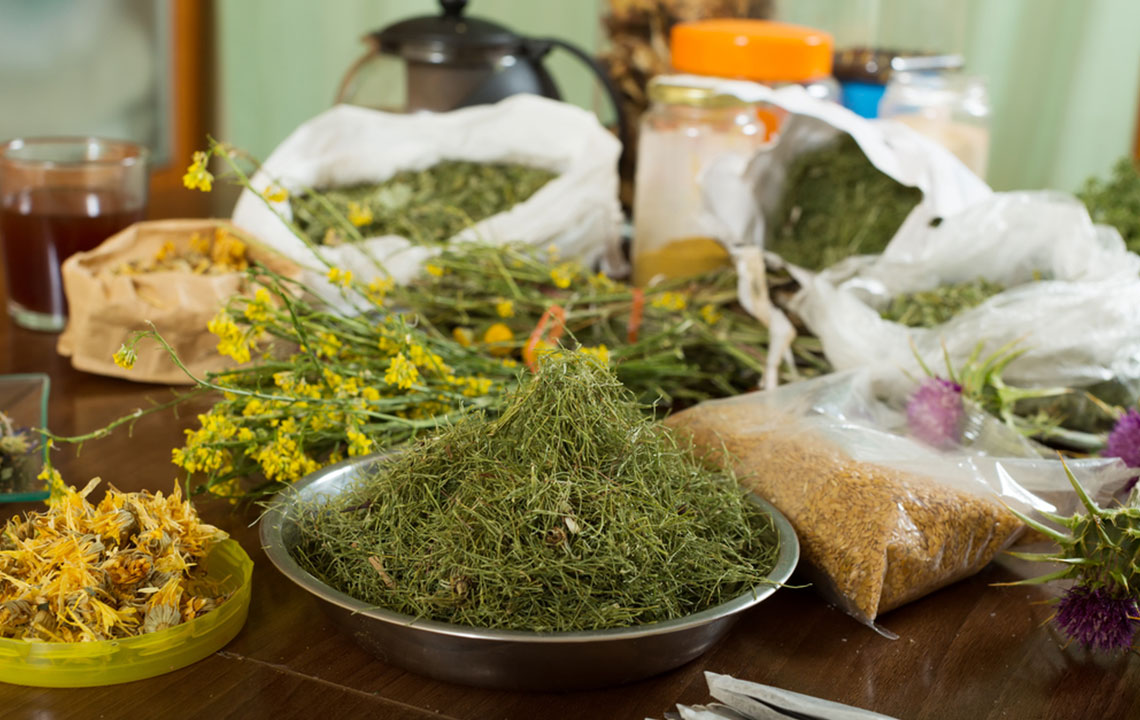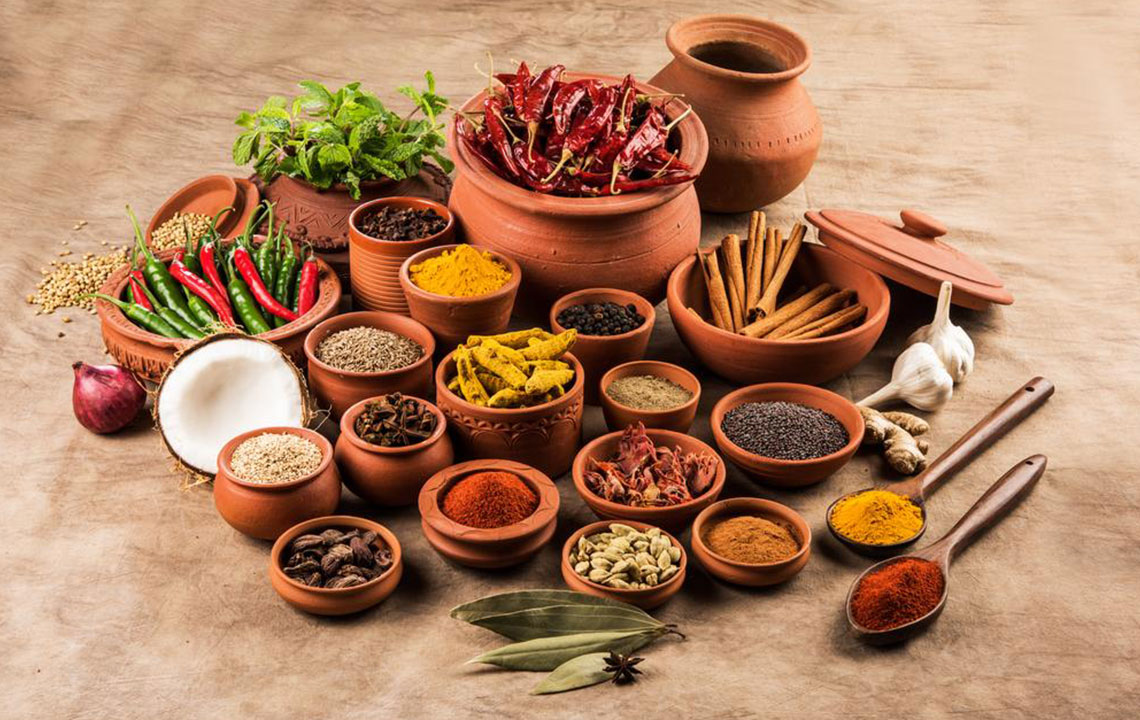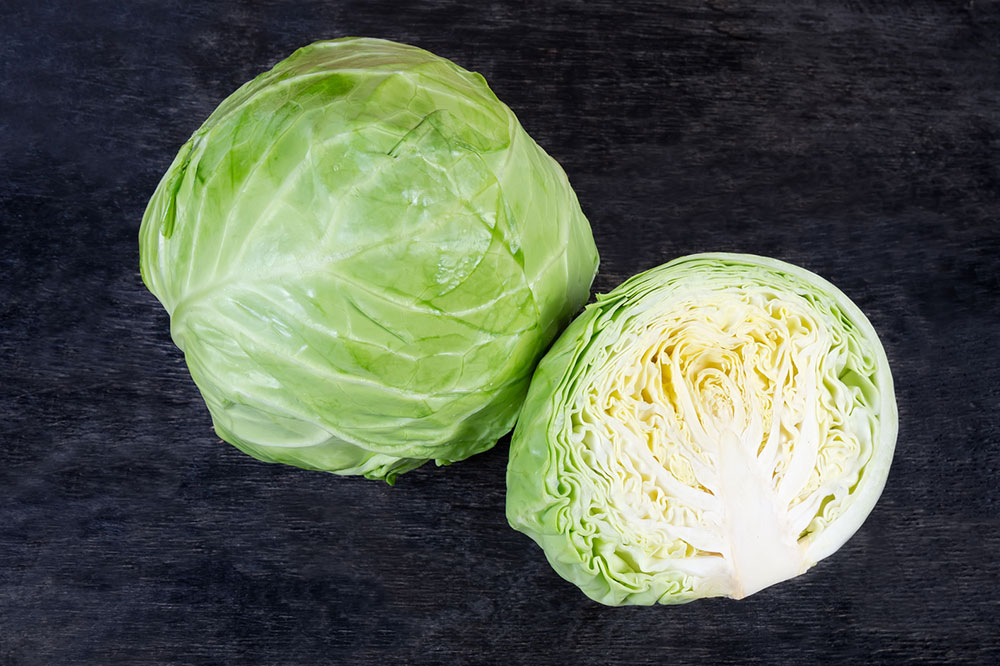Comprehensive Nutritional Approaches to Reduce Cancer Risk: A Guide to Dietary Choices and Lifestyle Strategies
Discover comprehensive nutritional strategies to lower your cancer risk through a diet rich in cruciferous vegetables, nuts, berries, turmeric, and more. Learn how natural compounds in these foods can help inhibit cancer cell growth and support overall health. Combine healthy eating with regular medical checkups for effective cancer prevention. This detailed guide emphasizes the importance of lifestyle choices in reducing disease risk and highlights effective nutritional interventions. Maintain a proactive approach to health with scientifically backed dietary tips for cancer prevention.

Effective Dietary Strategies to Lower the Risk of Cancer
Many individuals today are actively seeking methods to minimize their likelihood of developing cancer, especially those with a family history or environmental exposures that increase their risk. While achieving complete prevention remains complex, adopting specific dietary habits and maintaining a healthy lifestyle can significantly influence cancer risk reduction. Certain foods are rich in natural compounds that possess properties capable of inhibiting cancer cell proliferation and supporting the body's defenses against malignancies. This comprehensive guide explores key foods and nutritional strategies that can help in lowering the risk of various cancers, emphasizing the importance of diet alongside medical vigilance.
Cruciferous Vegetables: Broccoli, Cabbage, and Brussels Sprouts
These vegetables are renowned for their high content of sulforaphane, a potent phytochemical with well-documented anti-cancer effects. Sulforaphane works by inducing detoxification enzymes, promoting apoptosis (programmed cell death) in cancerous cells, and inhibiting tumor growth. Multiple studies have demonstrated that regular consumption of cruciferous vegetables may reduce the incidence of prostate, colorectal, and lung cancers. Incorporating vegetables such as broccoli, kale, cabbage, and Brussels sprouts into daily meals provides an accessible way to harness these benefits. Cooking methods like steaming preserve sulforaphane content better than boiling, enhancing their protective properties.
Furthermore, research indicates that compounds in these vegetables can influence gene expression related to cell cycle regulation and apoptosis, contributing to their anti-cancer potential. Their inclusion in an overall balanced diet is strongly recommended as part of an integrated approach to health.
Bananas: A Juicy Source of Protective Lectins
Bananas are not only a convenient snack but also an excellent source of lectins—powerful antioxidants that protect cells from oxidative stress by neutralizing free radicals. Free radicals are unstable molecules that can cause DNA damage, leading to mutations and increasing cancer susceptibility. Regular consumption of bananas can help mitigate this risk, especially when part of a diet rich in various fruits and vegetables. Additionally, bananas are easily digestible and contain vital nutrients such as potassium, vitamin B6, and fiber, which support overall health and immune function.
Research suggests that lectins may interfere with cancer cell adhesion and migration, impeding tumor metastasis. Including bananas in daily nutrition can be an easy yet effective strategy for preventive health, particularly in reducing the risk of gastrointestinal and other cancers.
Nuts and Seeds: Nutrient Powerhouses for Cancer Prevention
Nuts like almonds, cashews, and Brazil nuts are rich in essential nutrients including vitamin E, selenium, and omega-3 fatty acids. These components have been studied extensively for their antioxidant, anti-inflammatory, and anti-proliferative effects. Selenium, in particular, plays a crucial role in DNA repair and immune system regulation. Emerging evidence indicates that diets high in nuts could be associated with a decreased risk of colorectal, pancreatic, endometrial, and lung cancers.
Incorporating a variety of nuts into your daily diet not only enhances flavor and satiety but also fortifies your body's defenses against cancer development. It is advisable to consume nuts in moderation due to their high caloric content, opting for unsalted and unroasted varieties when possible.
Berries and Colorful Fruits: Nature’s Rich Antioxidant Reservoirs
Fruits such as blueberries, cranberries, strawberries, and raspberries are packed with antioxidants including anthocyanins, vitamin C, and ellagic acid. These compounds are known for their ability to scavenge free radicals and inhibit carcinogenic processes. Regular intake of berries has been linked to a lower incidence of colorectal, breast, and other gastrointestinal cancers. Their vibrant colors are a visual cue indicating high antioxidant content, making them a delicious and healthful addition to smoothies, salads, and snacks.
Antioxidants in berries also modulate inflammation and influence cell signaling pathways involved in cell proliferation and apoptosis, thereby reducing cancer risk. Incorporating diverse fruits into your diet ensures a broad spectrum of protective phytochemicals.
Turmeric: The Golden Spice with Anti-Cancer Properties
Turmeric contains curcumin, a bioactive compound with potent anti-inflammatory and anti-cancer effects. Curcumin has been shown to inhibit the development of precancerous lesions in the colon, reduce tumor growth, and induce apoptosis in various cancer cell lines, including lung, breast, and prostate cancers. Its anti-inflammatory properties are particularly valuable in cancer prevention, given the role of chronic inflammation in carcinogenesis.
Adding turmeric to meals, smoothies, or taking curcumin supplements (under medical guidance) can be beneficial as part of a comprehensive cancer preventive strategy. Combining turmeric with black pepper enhances curcumin's bioavailability, maximizing its potential benefits.
While these dietary strategies contribute to lowering cancer risk, they should complement regular medical checkups, health screenings, and lifestyle modifications such as quitting smoking, reducing alcohol consumption, maintaining a healthy weight, and exercising regularly.
For individuals already diagnosed with cancer, medical treatments such as targeted therapies are essential. For example, medications like IMBRUVICA® (ibrutinib), a BTK inhibitor, are prescribed for specific B-cell cancers. However, side effects, including possible arrhythmias, require careful management under healthcare supervision. Other treatments include immunotherapies like YERVOY® (ipilimumab) for melanoma and kinase inhibitors like VONJO™ (pacritinib) for rare blood cancers like myelofibrosis. Always seek professional medical advice before initiating any new treatment or supplement regimen.





